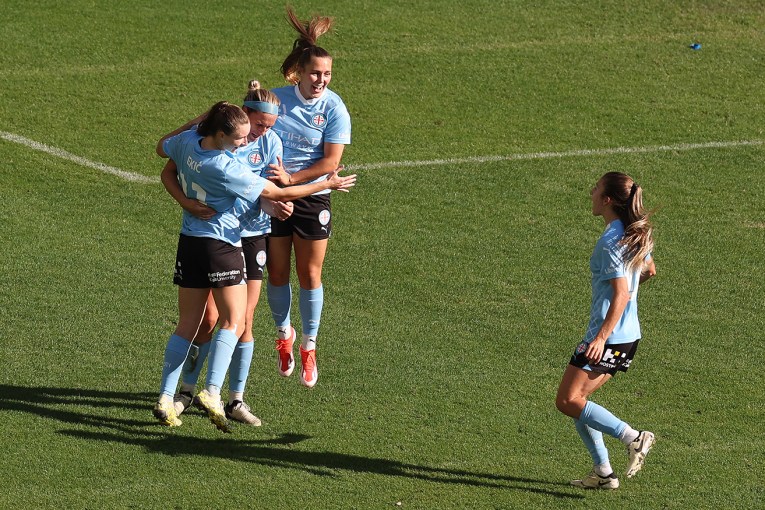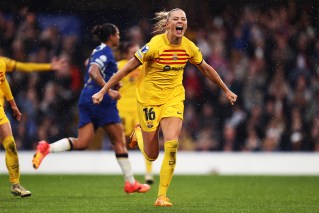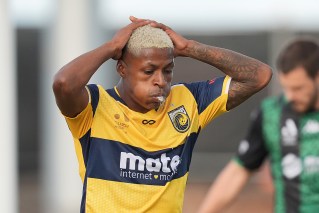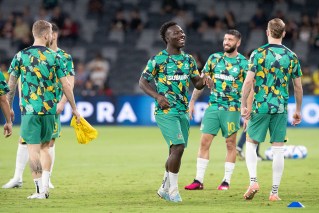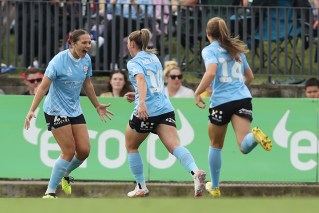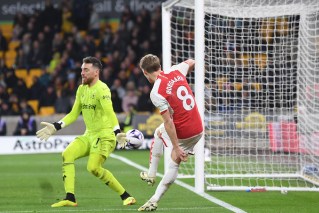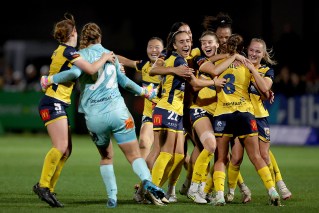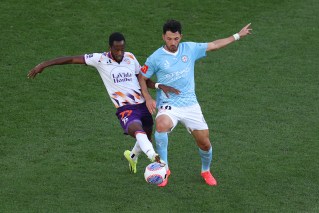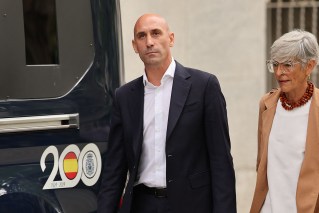Socceroos legend Joe Marston dead at 89
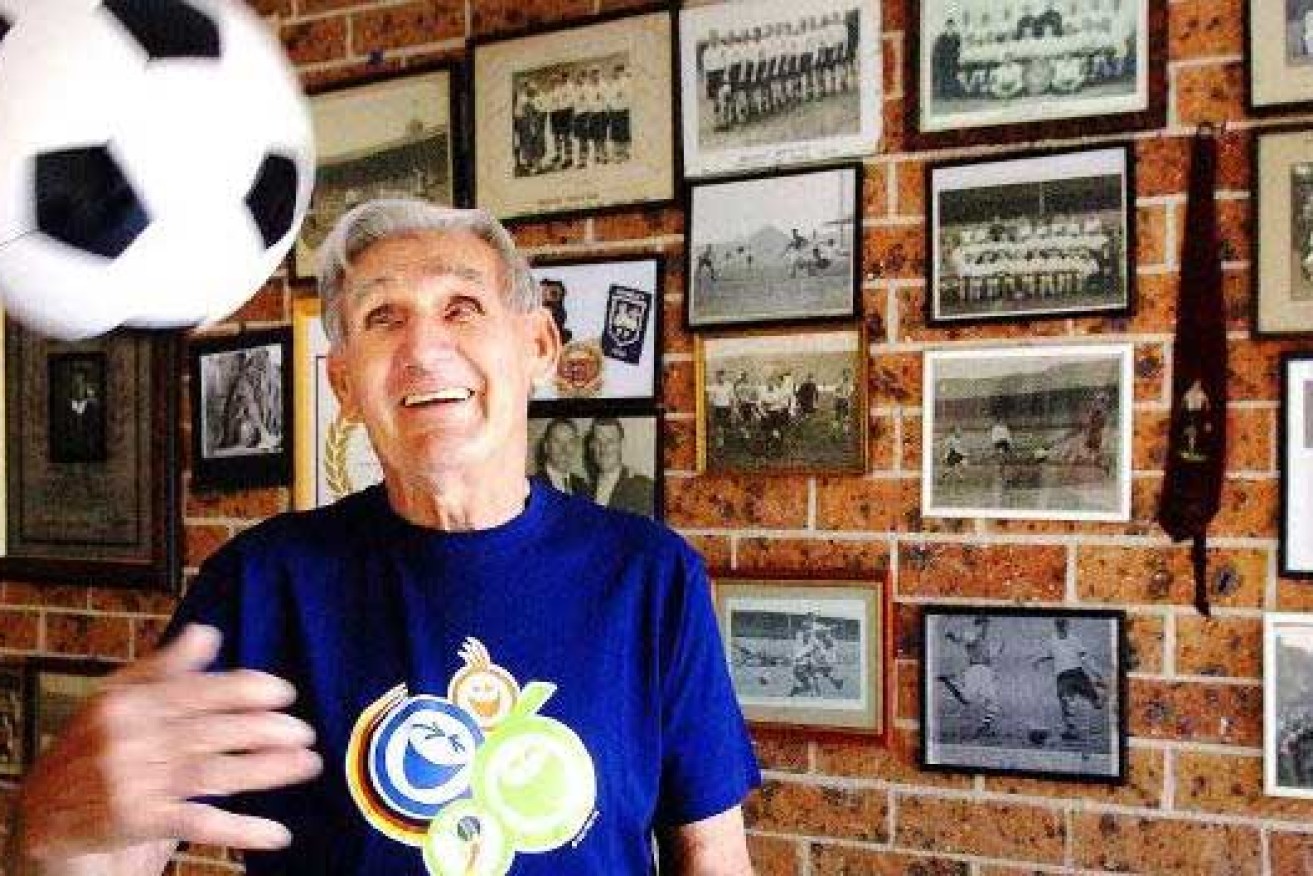
Joe Marston kept his Preston North End jersey for more than five decades after he played his final match on England’s snowy and rain-soaked pitches.
For the Socceroos legend, it was a token reminder of five extraordinary years in one of Europe’s top tiers.
But for anyone with a love of Australian soccer, the jumper symbolises the pioneering achievements of a man as close to footballing royalty as there is.
• 1000 Victory fans stage walkout
• Banned fans can appeal: FFA
Marston played his final game for the national side 10 years before they would even qualify for their first World Cup in 1974.
But every one of his more than 200 appearances for Preston helped lay the foundations for the sport’s level of professionalism in Australia, which has taken the Socceroos to four World Cups.
They included 196 consecutive games as the Lilywhites returned to the first division and finished runners-up to Arsenal 1952-53 only on goal difference.
Most famously in 1954 as a 28-year-old, the vigorous defender became the first Australian to play in an FA Cup final.
Alongside England great and long-time close friend Tom Finney, Marston’s Preston faced West Bromwich Albion at London’s famous Wembley Stadium in a loss he later described as “heartbreaking”.
“I remember the crowd was so loud when we walked out and were introduced to the Queen Mother but once the game started and we were running around, I didn’t hear anything except when a goal went in,” he said last year on the 60th anniversary.
It was not until more than 30 years later, in 1986, that the next Australian would play in the esteemed fixture when Craig Johnston scored for Liverpool.
Another two decades then lapsed before Tim Cahill represented Millwall on the same stage, in 2004.
Sydney-born Marston started his career with NSW Division One side Leichhardt-Annandale, making paint brushes to supplement his income and spending weekends as a surf lifesaver.
His chance to put Australia on the world map came when he impressed a Preston scout and flew to England with his wife Edith for a trial.
Marston’s love affair with the club was not one-sided – he was named their fourth greatest player and is depicted in a mural at their Deepdale home ground.
Neither was his passion for Australia unrequited. He was capped 37 times for the national team between 1947 and 1964 and was a one-off Socceroo coach.
And though his achievements were not widely recognised until decades after his retirement, Marston’s legacy will be recalled every time a player is awarded the Joe Marston Medal as the best in the A-League grand final.
A humble and honest man, Marston was awarded a host of accolades including an MBE and the Australian Sports Medal. He was also inducted into the FFA Hall of Fame.
APIA-Leichhardt’s home ground at Lambert Park boasts the renamed Joe Marston Pavilion in tribute to their favourite son, where he played on return to Australia.
– AAP
